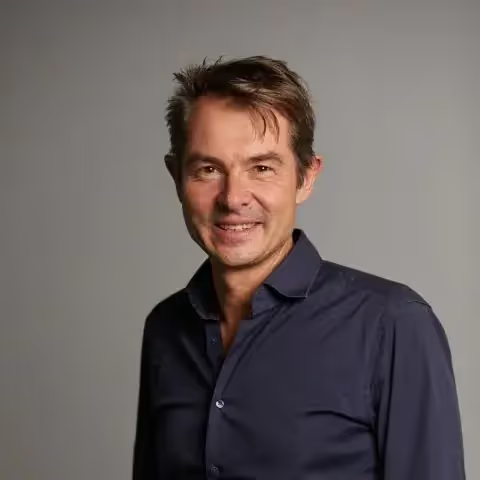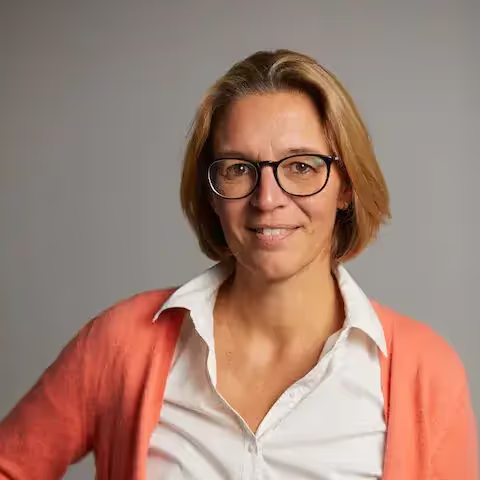On a compelling episode of the Another Climate Tech Podcast, Martin Stuchtey, founder and CEO of The Landbanking Group, shared his vision for transforming how we value and utilize land 01:09. The core of the discussion was The Landbanking Group's ambitious mission to foster the regeneration of nature and biodiversity by establishing a new asset class known as "nature equity" 01:12.
Stuchtey began by pinpointing a fundamental market failure: our current treatment of land. He argued that land-use decisions are predominantly driven by extractive practices, overlooking the essential resources and services land provides—from food and energy to carbon storage, biodiversity, and climate regulation 00:01:52 - 00:02:37. He contrasted historical views where land was a primary wealth source with later economic theories that diminished its intrinsic value, emphasizing that we are now reawakening to the critical importance of fertile, thriving natural environments 00:02:52 - 00:04:15.
A key distinction was made between nature's inherent value, which most people intuitively recognize, and its lack of a formal price in traditional economic frameworks 00:04:37 - 00:04:56. While invaluable, nature often doesn't positively contribute to GDP and can even be economically overshadowed by destructive land uses 00:05:12 - 00:05:18. Recognizing this value is the first step, followed by assigning a price to certain aspects to enable its protection and reward its stewardship 00:05:52 - 00:06:25.
Stuchtey detailed The Landbanking Group's four-step solution 06:34:
- Natural capital account: This provides an "ecological passport" for every part of the planet, assessing biodiversity, carbon, soil quality, and water to create a "natural capital account" 00:06:41 - 00:06:57.
- Nature Service Agreements: These accounts form the basis for contracts between land stewards and entities needing positive nature outcomes (businesses, insurers, governments) 00:07:05 - 00:07:29.
- Nature Equity: These contracts are termed "nature equity," envisioned as a potential hard currency representing attribution rights to nature capital 00:07:40 - 00:07:58.
- Balance Sheet Asset: The group helps customers bring these nature equity contracts onto their balance sheets, collateralized by the nature capital account, thus recognizing nature improvement as a source of wealth 00:07:59 - 00:08:46.
He illustrated this with "insetting" examples, where companies (e.g., food and cosmetic brands) invest in nature improvement within their supply chains, monitoring ecological enhancements like soil organic matter and pollinator habitats, and accounting for these as balance sheet assets 00:09:29 - 00:11:28.
Looking ahead, Stuchtey anticipates growing demand from insurance companies, banks, and financial investors for tools to manage nature exposure, especially as issues like climate-induced uninsurability rise 00:11:49 - 00:12:59.
Reflecting on broader responsibilities, Stuchtey asserted that all professionals, including management consultants, must address climate change, and that consultancies cannot credibly promote sustainability while serving industries misaligned with climate goals 00:13:58 - 00:14:58.
He also stressed the need for a fundamental revolution in what society values, creating a "positive fiction of wealth" around biodiversity and clean air, which would allow capitalism to become a tool for sustainable economic organization 00:22:58 - 00:24:22.





